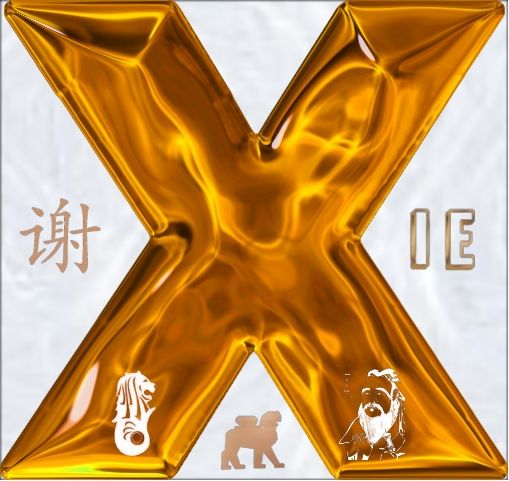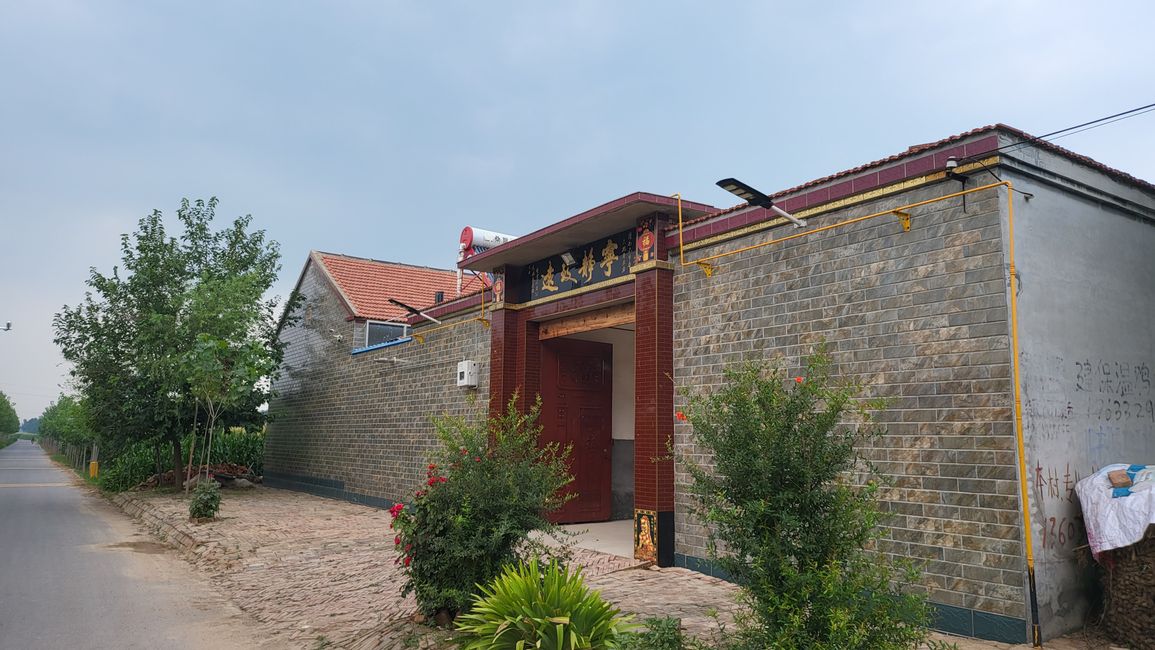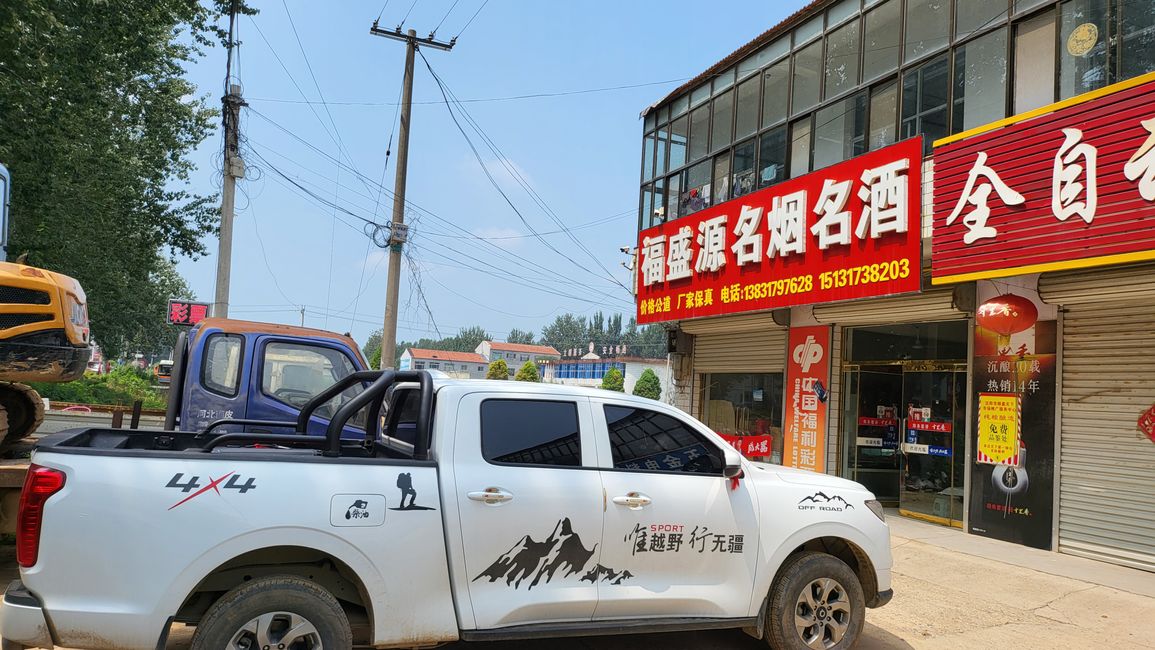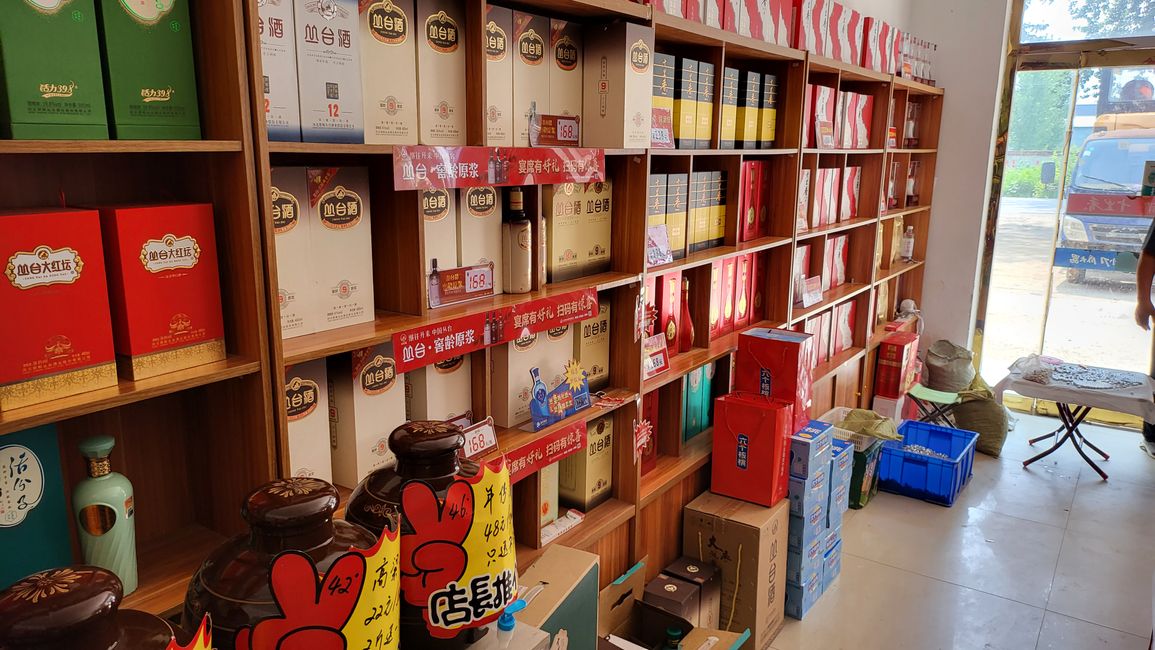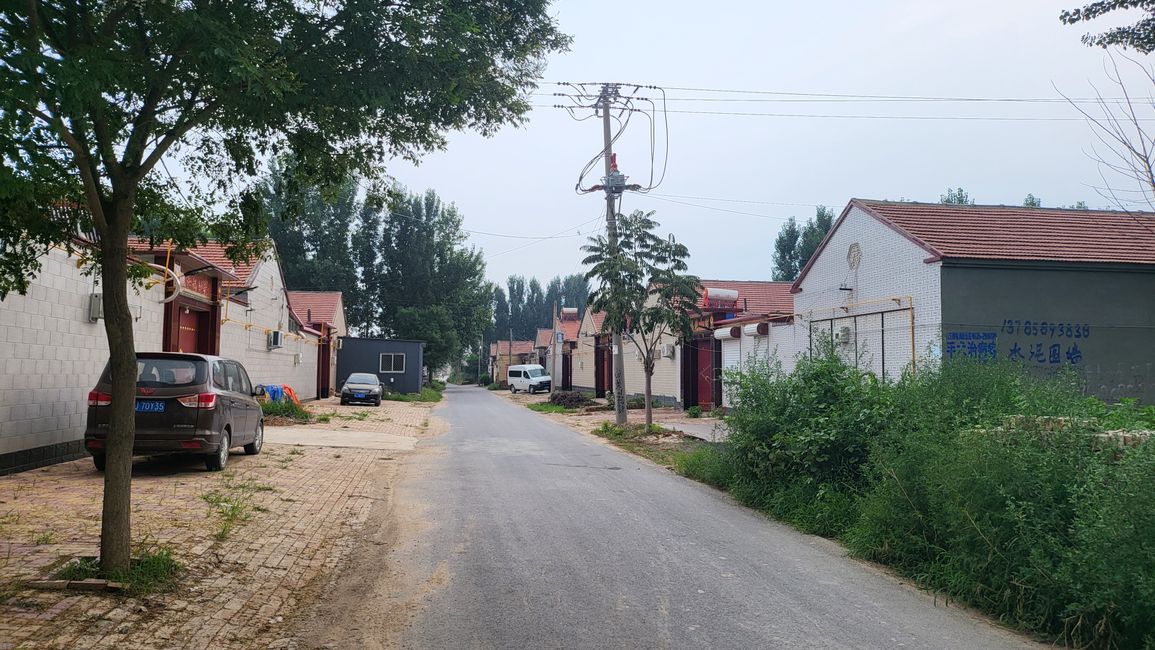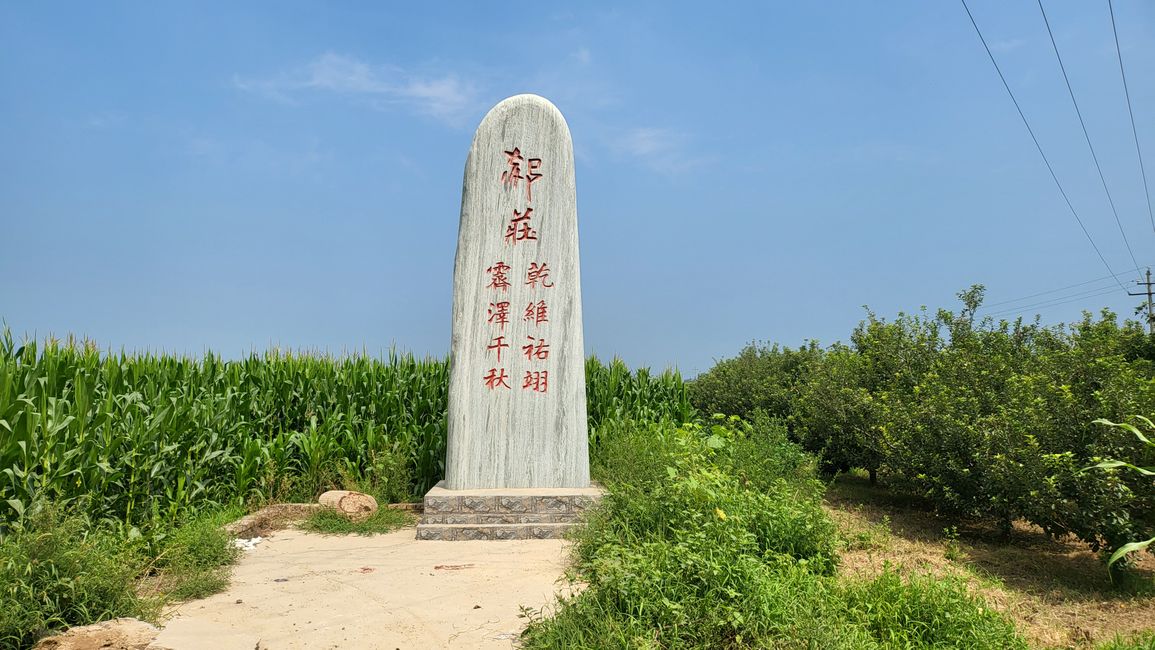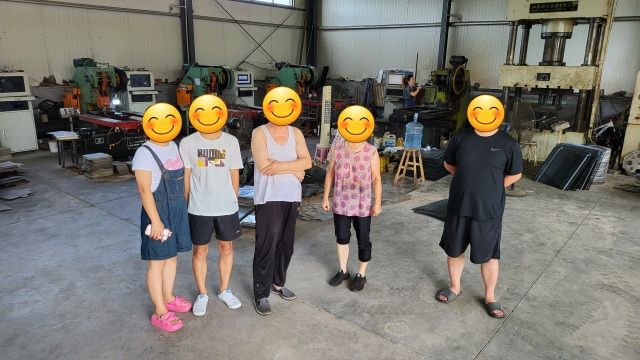Chinese hospitality and diligence
ተሓቲሙ: 14.08.2024
Chinese politeness is mainly encountered during visits to relatives. We drive to a total of 11 homesteads in various villages nearby, with countless relatives residing in them. Since I cannot remember the names and titles of the many aunts, uncles, and cousins, I internally call them only “Ni hao,” which means “Hello,” and I use it to greet everyone. Upon arrival, they overwhelm you with kindness, urging you to take a seat, and if you don't do so immediately, you will be asked to sit down multiple times. The air conditioning and fan are turned on because the guest should feel genuinely comfortable. Then you are always offered cigarettes, food, and drinks. They bring out everything that can be found in the house, and a “No, thank you” is simply ignored. Often, for example, you accept the fruit but set it aside if you don’t wish to eat it. In conversations, I usually only catch the topic because everyone speaks very quickly and in dialect. As gifts, people mainly bring coconut drinks or spirits, which are placed in red paper bags (see photos). The color red is considered a lucky color in China. Sometimes, money is also given, using red 100 Yuan notes. If you initially ignore the gifts, a highly interesting ritual occurs during the farewell. The host insists that the gifts are too much and tries to return the gifts and money to the guest. Of course, the guest does not want this and returns everything again. A real wrestling match and tactics ensue on how to bring the gift back to the “other side.” Ultimately, the gift is accepted. My mother-in-law is a true professional at this “combat.” Her resolute approach and high attention, along with her farewell tactics, always gave us a significant advantage in this ritual. The Chinese culture is permeated with unconditional hospitality.
In the spirits shop, you can see in the photo a table in the corner where the owner makes small metal parts when there are no customers. I also visit a workshop in the village of my wife's sister, which punches holes in sheets of metal. These various sheets are used in tractor manufacturing. Villagers have a small farm in addition to their jobs. There is trading, crafting, and selling going on. Here, no one rests on social welfare or struggles with their small business due to overwhelming bureaucracy or high taxes. Diligence characterizes Chinese society and underpins the breathtaking economic development.
መልሲ

ጸብጻባት ጉዕዞ ቻይና

